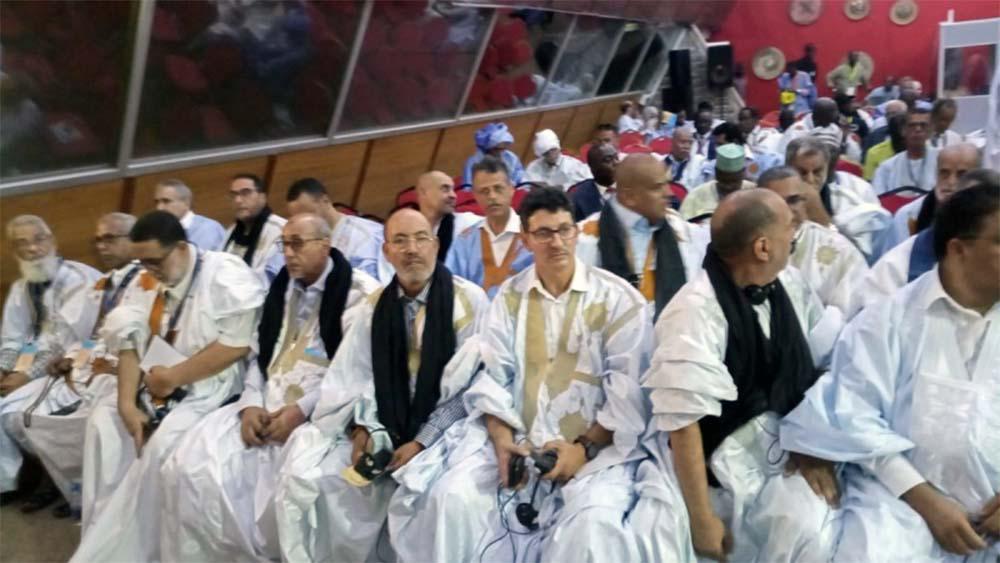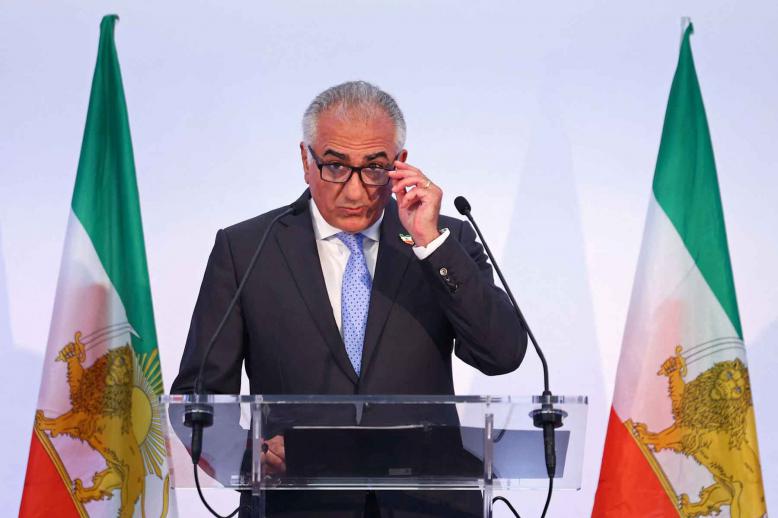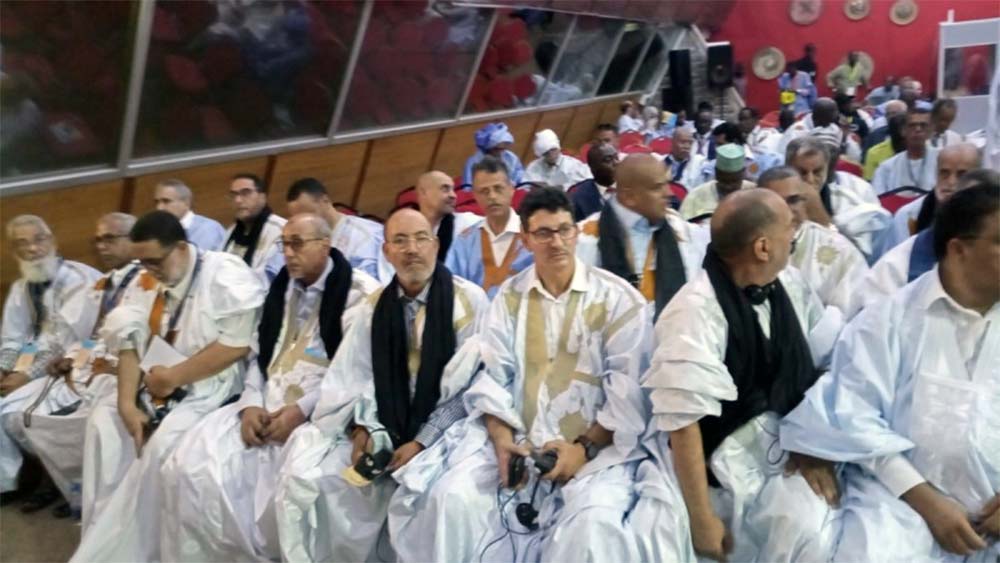Spanish politicians say Sahrawis’ self-rule under Moroccan sovereignty is only option to resolve conflict
DAKAR - The Sahrawis for Peace Movement (SPM) organised Friday the second international conference for dialogue and peace in the Senegalese capital of Dakar.
The SPM represents Sahrawis who do not identify with the separatist Polisario Front’s political project and seeks to bring closer the positions of the Sahrawis from the Moroccan southern provinces and the Sahrawis from the Tindouf camps to reach a peaceful solution to the Sahara conflict based on the autonomy initiative proposed by Morocco as a realistic solution.
Former Defence Minister and Spanish Parliament Speaker Jose Bono, who is taking part in the two-day conference alongside former Prime Minister Jose Luis Rodriguez Zapatero, confirmed that the Sahara is not a terrotiry that is occupied by Morocco, as promoted by Algeria, the Polisario Front, and a few countries that support the demands of the separatists based on false and preconceived ideas.
Bono referred to the great African leader Nelson Mandela, who did not hesitate to speak in his autobiography about the solidarity he found in Morocco.
He shed light on the influence of prejudices and the media on the international community’s perception of the Sahara issue, stressing that his understanding of the Sahara was the result of preconceptions without information, and that his opinion was mainly influenced by three factors: information published in the media in Spain, the emotions of solidarity aroused by hundreds of Sahrawi children coming to Spain to spend their holidays, and his memories of the leaders of the Algerian-backed Polisario Front from 1975 who were in contact with him.
Bono recalled the support provided by the late Moroccan King Hassan II, and after him his son, King Mohammed VI, to the Algerian cause during the United Nations General Assemblies, in a practice and behaviour that differ from what Algeria is now pushing for through its support of the Polisario and the separatist proposal.
The Spanish politician also referred to his experience in the Moroccan Sahara, stressing that he and his colleagues had never seen a land or population struggling to liberate it, emphasizing “the participation of Sahrawis in political life in the southern region” and their participation in the 2021 Moroccan elections, which exceeded the national average in Morocco, in addition to development level achieved in the Sahara.
Bono recalled historical facts in his talk about the Moroccanness of the Sahara, noting that when the North African kingdom registered its Sahara in the United Nations committee in the 1920s as a territory awaiting disintegration in 1963, it was clearly referring to the disintegration of Spanish colonialism of the region, expressing his astonishment at the statements of some African leaders about a Moroccan occupation of the Sahara while it is Morocco’s.
The former Spanish minister also stressed the need to count the population of the Tindouf camps, wondering how the Polisario and its supporters talk about a self-determination referendum when registration of people in the camps is not allowed.
He also asked how the African Union could recognize a country that is not already recognized by the United Nations in reference to the illegal entity called the Sahrawi Arab Republic, adding whether it is possible to create an independent state for tens of thousands of people, many of whom are from other countries in the region.
Bono called on African leaders to support a clear initiative, which is the autonomy initiative under Moroccan sovereignty, as the only way to end the conflict in the Sahara.
He said Africans have two options: either “support a group of Sahrawis who want to establish a little-sustainable state for tens of thousands of people and a state they want to establish on an ethnic basis with the racist and xenophobic resonances that this claim entails,” or “support a solution for integrated self-government that aims for coexistence, prosperity and dignity for its citizens.”
At the end of his speech, he called for an end to the suffering of the Sahrawis in the Tindouf camps under the bayonets of the Polisario, pointing out many tragedies, including suffering from severe malnutrition, delayed growth, and illiteracy as he presented alarming numbers about their condition.
Former Spanish PM José Luis Rodriguez Zapatero, who is participating in the conference, welcomed the initiative of the SPM to establish a real dialogue with Morocco for the benefit of the Sahrawi people, based on exchange and understanding without resorting to confrontation and force.
He continued that the SPM regularly conducts a fruitful dialogue with Morocco in search of a solution to end the artificial conflict, considering that this movement can lead the Sahrawi people towards establishing self-rule under Moroccan sovereignty.






